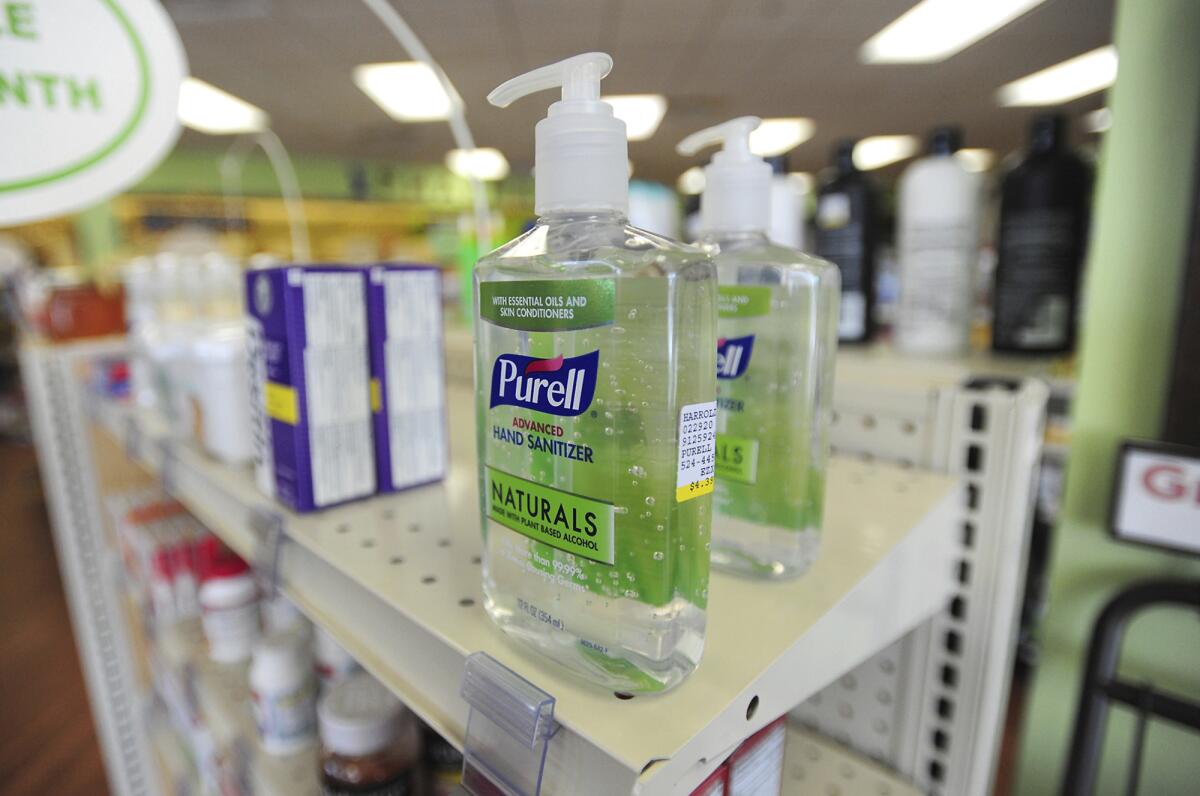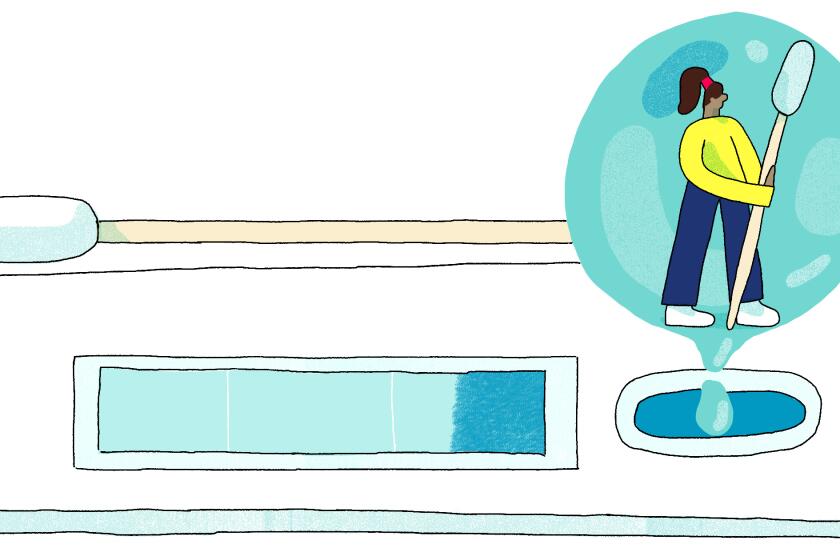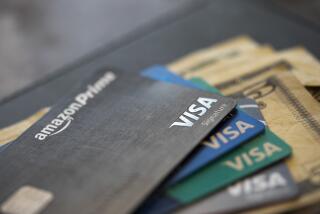Don’t throw away money. What to do with your FSA at the end of the year

Is your healthcare flexible spending account balance burning a hole in your pocket? Don’t rush to spend it just yet.
The accounts, known as FSAs, allow you to set aside pre-tax income to spend on qualified medical purchases. That includes doctor’s bills, co-pays and prescriptions — as well as a lot of over-the-counter medications and other health-adjacent products and equipment. (An FSA is different from a health savings account, or HSA. If you have one of those, the balance can be rolled over to the next year.)
The maximum amount you could set aside for an FSA in 2021 was $2,750. Most years, you can only roll over some of that balance to the following year. (The current legal limit is $550, though your plan might have a lower limit.) If you didn’t end up having many medical bills that year, December sometimes winds up being a hustle to spend the rest. Workers who forget wind up forfeiting an estimated $400 million a year collectively.
But this year, things are different. Congress changed the rules for 2020 and 2021 under the assumption that some people may have skipped or delayed healthcare visits on account of the pandemic. If your workplace opted in, you may be able to roll over the entirety of your remaining balance to 2022. Contact your benefits provider or human resources department and ask whether your employer is participating.
If they aren’t, there are lots of ways to use up your FSA balance. Pharmacies like CVS and Rite-Aid allow you to use your FSA card just like a debit card. Swipe your FSA card first at checkout and payment for all eligible items (see below for ideas on those) will go through. You can also use your card to buy eligible items online. Lots of sites have a page dedicated to covered supplies, including Amazon, Target, Costco, CVS, Rite-Aid, Walgreens and Wal-Mart. There’s also FSAStore.com, which — as you might have guessed from the name — only sells FSA-eligible things.
Here are some of the items you might not have realized were FSA-eligible, in case you need shopping inspiration:
COVID supplies: Masks, hand sanitizer, sanitizing wipes, thermometers, pulse oximeters, at-home COVID tests — these are all FSA-eligible. Stock up on rapid tests now and be ready for the holidays.
Add some rapid COVID-19 tests to your holiday shopping list. Once you’ve got them, here’s what you should know about how, when and why to use them ahead of Thanksgiving, Hanukkah, Christmas or other holiday gatherings.
First-aid kits: You should have one for your home and one in your car. (P.S. Have you signed up for our newsletter on earthquake preparedness? There’s a whole section on what to have on hand in case of emergencies.) If you already have a kit that you’ve had an occasion to crack open, your FSA can cover things like bandages and first-aid ointment to replenish it.
Prescription glasses, contacts and eye care: If you’re due for an eye exam, you can now do those online (and can probably also pay for that with your FSA). Once you have an up-to-date prescription, most sites should let you use your FSA to pay for your new contacts or specs, including hip spots like Warby Parker and See Eyewear. If you don’t need new eyewear, you can use your FSA for things like contact solution, lens wipes and eye rewetting drops.
Menstrual supplies: Thanks to the 2020 CARES Act, pads, tampons and other period products are now eligible for FSA spending. If you are feeling generous, you might consider buying some and donating them to one of the many organizations that provide menstrual supplies to people in need.
Family planning items: Condoms and emergency contraception both qualify.
Over-the-counter medications and monitoring equipment: Stock up on ibuprofen, acetaminophen, certain vitamins and supplements, antacids, pain relief gels and pads, and other OTC treatments for when you aren’t feeling so hot. You can also use your FSA for blood pressure monitors and a lot of diabetes care supplies.
Baby, pregnancy and postpartum supplies: Expecting a new healthcare dependent in 2022? FSAs cover a multitude of breast pumps and breastfeeding supplies, recommended postpartum care items, and even some fancy optional baby supplies like the Owlet monitoring system.
Welcome back to the darkest timeline. As the days get shorter, it’s the season of SAD and the winter blues. Here’s how to stay on top of your mental health.
Sunscreen and skin care: Many acne treatments and eczema creams can be purchased with your FSA. And although it’s dark at 5 p.m. right now, the sun will return. Be prepared.
Massagers: If you’ve been eyeing a massaging wand, device or car seat, this is your chance.
Mobility aids: Canes, transport chairs and wheelchairs are all eligible.
Home drug tests and smoking cessation aids: If healthier living is your 2022 resolution, you can use up this year’s FSA balance to get a head start.
As more products come with sensors, microphones and internet connections, the privacy risks grow. Look for these red flags in gifts you buy this holiday season.
More to Read
Inside the business of entertainment
The Wide Shot brings you news, analysis and insights on everything from streaming wars to production — and what it all means for the future.
You may occasionally receive promotional content from the Los Angeles Times.














